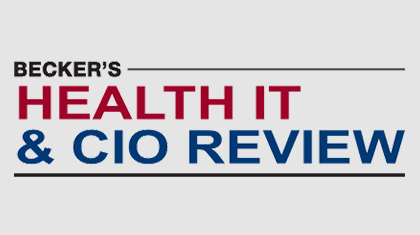
The patient-physician relationship has long been uni-directional: The clinician determines a diagnosis and treatment plan, and the patient follows along, taking the clinician’s word at face value. But now, patients have developed the autonomy and desire to be active participants and decision-makers when it comes to their care.
This transition became fairly evident to Kaiser Permanente in 2014 when the Northwest division of the Oakland, Calif.-based health system was contemplating launching an OpenNotes initiative.
OpenNotes is a nationwide movement encouraging clinicians to share clinical notes and visit summaries with their patients. The formal initiative was introduced in 2010 and three health systems underwent a trial run of the initiative: Beth Israel Deaconess Medical Center in Boston; Geisinger Health System in Danville, Pa.; and Harborview Medical Center in Seattle.
Three years later, a Portland, Ore.-based organization called We Can Do Better, which advocates for the triple aim, held a conference and discussed OpenNotes with attending health systems. The organization presented a study in Annals of Internal Medicine that outlined the success the initial three health systems had with their OpenNotes projects, and the attendees signed on.
“There was so much support [at that meeting] that basically all the major medical organizations in Portland said, ‘We’re going to do this, and we’re all going to do this on the same day so that nobody gets out ahead and tries to claim competitive advantage,’” says Robert Unitan, MD, director of optimization and innovation at Northwest Permanente. Dr. Unitan wasn’t at the conference, but he says it was the turning point for the initiative in the region.
Read Akanksha Jayanthi’s full article here!



